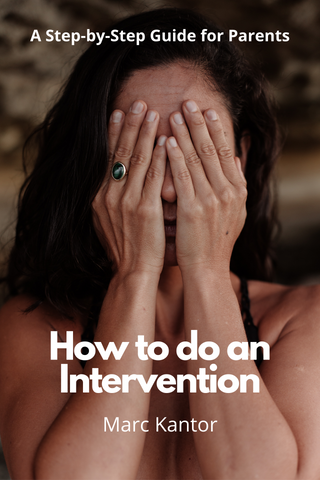You're Sober Now, But What If...
Earlier this week I listened to a replay of Howard Stern interviewing Aerosmith frontman Steven Tyler, now 71 years old. Tyler told GQ magazine in January that he's been sober for 9 years. Stern, who is not a recovering alcoholic or addict tends to press his guests about their sobriety and AA meeting attendance. Despite what many people assume, Howard Stern lives a quiet life off the air, though he holds a keen interest in knowing about other his guest’s struggle with drugs and alcohol.
Tyler spoke about his previous experience in rehab, saying he was pushed by his counselors to think about staying sober when life throws curve balls at him. He recounted his counselor saying you're sober now but what happens if someone you love dies or the doctor tells says you have cancer, how are you going to stay sober?
I have watched a lot of recovering alcoholics and addicts do not drink or use under some extraordinary circumstances. Alcoholics often let their brains to explore the fictional circumstances in which it would be okay for them to drink. Being diagnosed with an incurable illness or the loss of a family member are scenarios where alcoholics threaten to take a drink. Yet I have observed these situations and worse befall recovering alcoholic and despite their earlier statements, they don't drink.
Three suggestions for staying during difficult times:
Expect bad things to happen! Bad things are going to happen in sobriety. When I was 11 years sober my father lost his leg in a motorcycle accident and I didn’t drink. Prior to his accident I lost a lucrative account at work which caused my income to plummet. I made it through these tough times by going to AA meetings and working a solid recovery program.
Go to AA meetings!
Don’t wait for a crisis to hit; keep your spiritual bank account full by attending AA meetings and working with your sponsor. Keeping a high spiritual balance is important for times when you have to draw on your savings.
Have an emergency plan!
One of the things we do in Alcoholics Anonymous, is run “what if” drills. What if somebody shoves a drink in your face at a party; what if you get fired or a financial crisis hits. Know in advance what you’re going to do when these things happen. Discuss these scenarios with you sponsor and fellows in recovery.
An older woman named Francis was a regular attendee of my Sunday night AA meeting. She got sober a few years ahead of me and was already part of the meeting when I joined in 2004. Francis had a strong personality and she didn't hesitate to share her opinions or hide her mood when it was her turn to speak. She once kicked the back of my chair when I proposed something at a group business meeting she didn't agree with. Needless to say, I kept quiet for the rest of the night.
Then one Sunday evening Francis came into the meeting wearing a surgical mask and sat quietly waiting for her turn to speak. That night she shared the news of having been diagnosed with Leukemia and the likelihood of her not surviving. It was a surreal experience watching this historically feisty and often cantankerous woman share her fate. It was like she had a newfound peace that filled her body. Suddenly the Francis we knew was gone and the angelic Francis had appeared.
South Florida Intervention offers recovery coaching
Very soon after her diagnosis, her attendance at AA meetings became infrequent. Francis passed away quickly; I never saw her health decline or watched her become frail. What's more, I never heard her say she wanted to drink now that she was dying.
It's quite the opposite when recovering alcoholics and addicts near the end of their life; they find tremendous gratitude in being able to die sober.
If you're newly sober or in rehab anxiously waiting to be discharged take a moment to ask yourself; I'm sober now, but what if? Play that tape in your head a few times. What happens if my wife cheats on me or I get fired from my job, am I going to drink? Then play the tape a little further, what happens if I drink, what does that look like? How long will it take me to go from having one glass a wine with dinner to blowing through a handle of vodka every day?
Get Addiction Recovery Support
South Florida Intervention offers solutions for families struggling with the devastating effects of drug addiction and alcoholism. Marc Kantor is an interventionist and recovery coach based in Boca Raton, Florida. If someone you know is struggling with addiction, we can help. For help e-mail us at marc@southfloridaintervention.com.

Download Free Guide: How To Do An Intervention
GetHelpForAddiction.com
